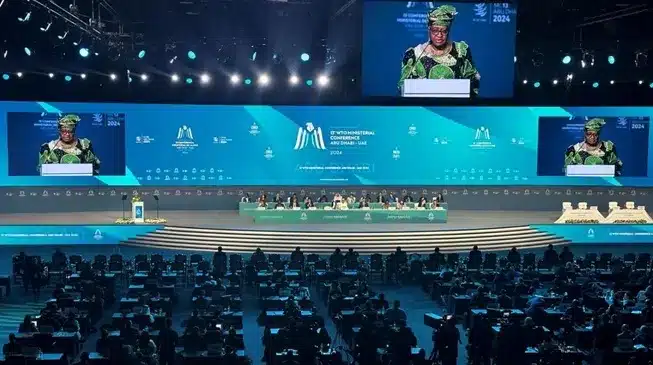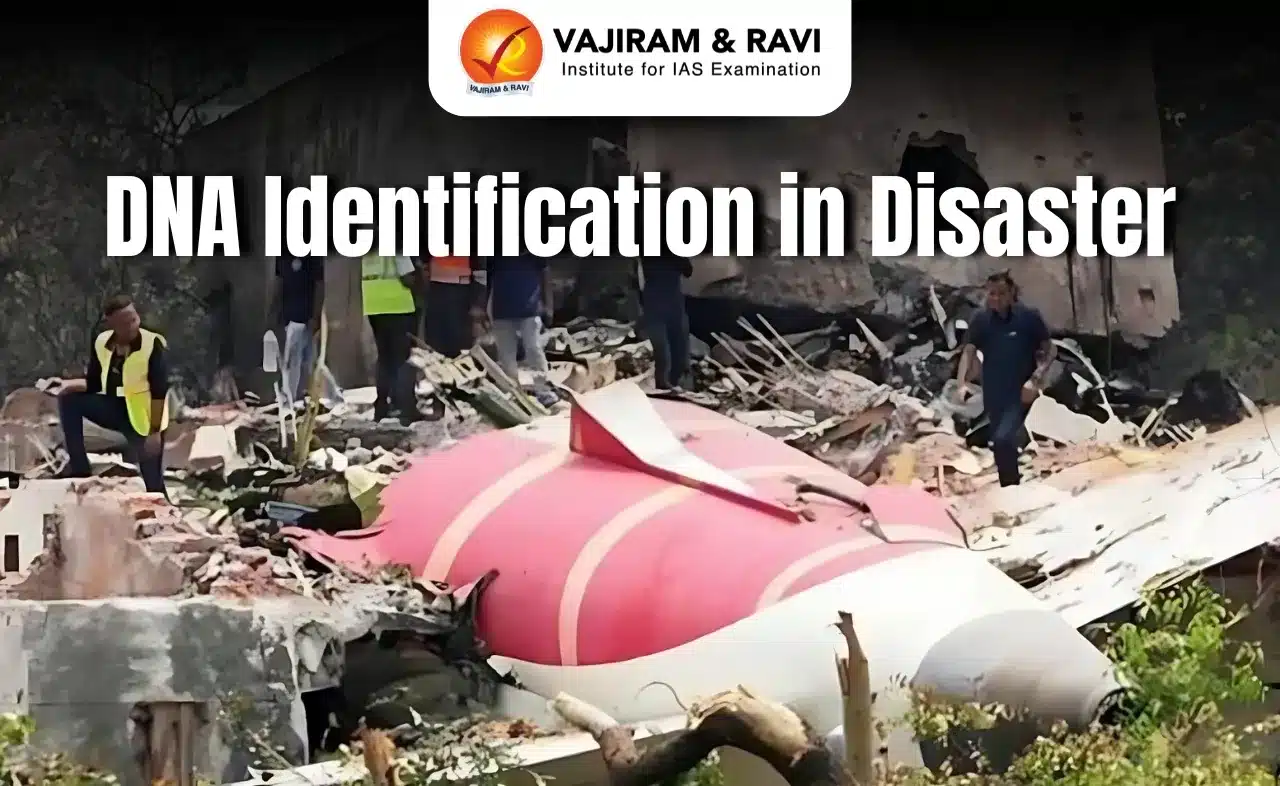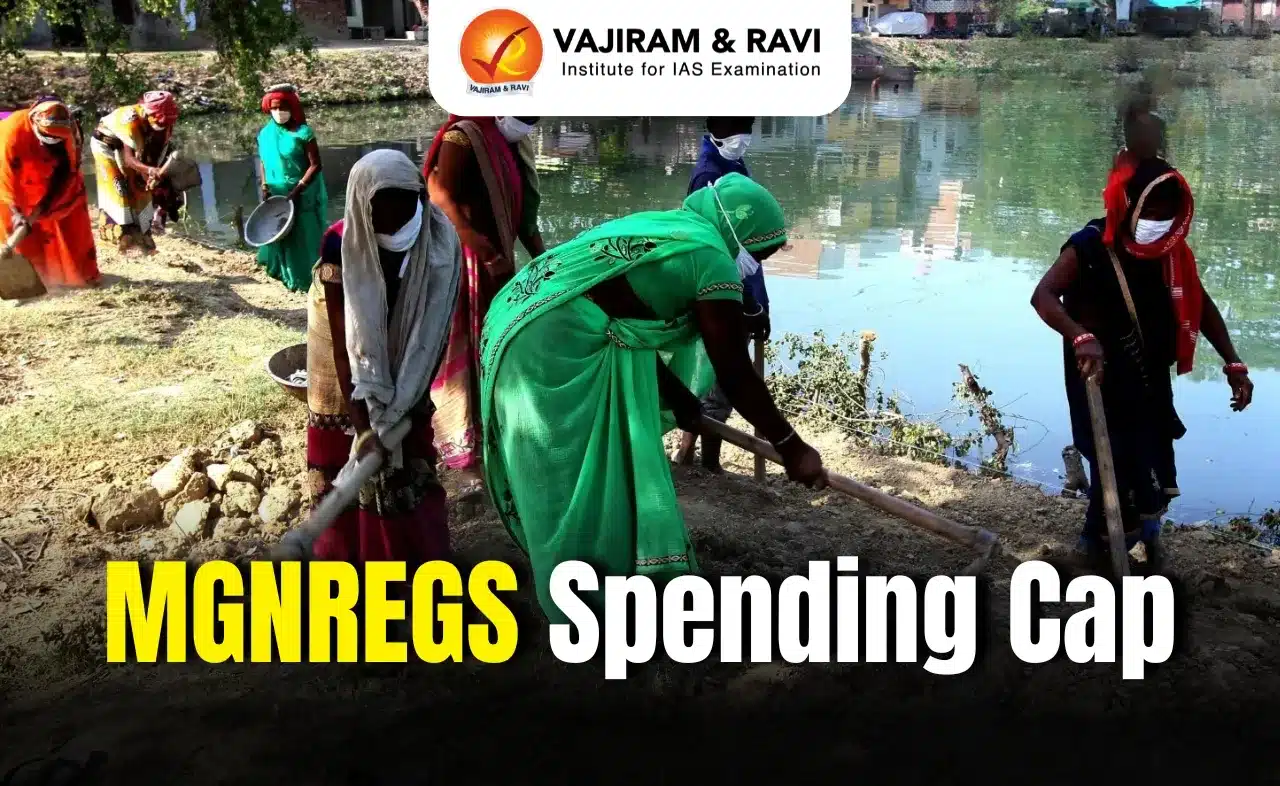What’s in today’s article?
- Why in news?
- 13th Ministerial Conference (MC13)
- India’s approach at MC13
Why in news?
- The World Trade Organization (WTO) held its 13th Ministerial Conference (MC13) at Abu Dhabi in the UAE between February 26 and March 2.
- At the conclusion of the meeting, a ministerial declaration was adopted that set out a forward-looking, reform agenda for the WTO.
- The members agreed to:
- support and enhance the multilateral trading system, with the WTO as its core;
- address current trade challenges, seize available opportunities; and
- ensure the proper functioning of the WTO.
13th Ministerial Conference (MC13)
- About
- The 13th Ministerial Conference (MC13) of the World Trade Organization (WTO) took place in Abu Dhabi, United Arab Emirates.
- The conference brought together trade ministers from around the world to:
- Review the functioning of the multilateral trading system
- Take action on the future work of the WTO
- Chart the future course of the WTO
- Key decisions
- The ministers took a number of decisions, including:
- renewing the commitment to have a fully and well-functioning dispute settlement system by 2024;
- to improve use of the special and differential treatment (S&DT) provisions for developing and least developed countries (LDCs).
- The ministers took a number of decisions, including:
- Outcomes at MC13
- On the agriculture side, the WTO’s Director-General, Ngozi Okonjo-Iweala, noted in her closing speech that this was the first time a text had been agreed upon.
- She mentioned that this effort had been ongoing for over two decades, with no agreement reached at MC12.
- Despite challenges, there is now a text for the first time.
- Regarding fisheries, consensus on an agreement seems likely to be reached by mid-year.
- However, India is disappointed that the exemption from customs duties for e-commerce will continue for at least two more years.
- On the agriculture side, the WTO’s Director-General, Ngozi Okonjo-Iweala, noted in her closing speech that this was the first time a text had been agreed upon.
- Highlighted the challenges faced by current global trade
- Approach of different countries
- Some of the biggest challenges to the multilateral trading order have come from an increasingly vocal movement across different countries particularly in developed economies.
- These economies seek to turn inwards and move away from a globalised and relatively harmonised-tariffs approach to world trade.
- Ongoing conflicts in various parts of the world
- The ongoing conflicts in various parts of the world, combined with the sanctions that some states have applied on others over these conflicts, threaten supply chains and the smooth flow of goods and services.
- One-size-fits-all approach
- The relative levels of development among the richer nations and the LDCs have also focussed attention on the need to ensure norms do not adopt a ‘one-size-fits-all’ approach.
- Approach of different countries
India’s approach at MC13
- On public stockholding (PSH) programme
- India tried hard to resolve the concerns pertaining to the public stockholding (PSH) programme, which is at the heart of ensuring food security.
- The PSH is a vital policy tool for the Indian government to procure crops such as rice and wheat from farmers at minimum support price (MSP), and subsequently store and distribute the foodgrains to the poor.
- The MSP is normally higher than the prevailing market rates and the government supplies the cereals at a low price to ensure food security for the country’s more than 800 million beneficiaries.
- However, under WTO norms, a member nation’s food subsidy bill should not exceed 10% of the value of production based on the reference price of 1986-88.
- Developed nations contend that these kinds of programmes distort global trade in foodgrains, especially by either potentially pushing up or depressing global grain prices.
- On fisheries
- India, as a low subsidizer of the fisheries sector, suggested that developing countries should be permitted to provide subsidies to their impoverished fishermen for fishing within the nation’s exclusive economic zones (EEZs), up to 200 nautical miles from the shore.
- Additionally, India proposed that wealthy countries should cease providing any subsidies for fishing conducted by their nation’s industrialized vessels in the high seas beyond the EEZs, at least for the next 25 years.
- On e-commerce
- On e-commerce, India along with several developing nations has been consistently seeking an end to the moratorium in place since 1998 on their ability to levy customs duties on cross-border e-commerce.
- India has argued that this undermines its ability to generate revenue from a rapidly burgeoning area of global trade.
Q1) What are Least Developed Countries (LDCs)?
Least Developed Countries (LDCs) are developing countries with low incomes and low levels of human resource development. The United Nations (UN) defines LDCs as countries that are disadvantaged in their development process for structural, historical, and geographical reasons. The UN first listed LDCs in 1971.
Q2) What is World Trade Organization (WTO)?
The World Trade Organization (WTO) is the only global international organization dealing with the rules of trade between nations. At its heart are the WTO agreements, negotiated and signed by the bulk of the world’s trading nations and ratified in their parliaments.
Last updated on June, 2025
→ UPSC Notification 2025 was released on 22nd January 2025.
→ UPSC Prelims Result 2025 is out now for the CSE held on 25 May 2025.
→ UPSC Prelims Question Paper 2025 and Unofficial Prelims Answer Key 2025 are available now.
→ UPSC Calendar 2026 is released on 15th May, 2025.
→ The UPSC Vacancy 2025 were released 1129, out of which 979 were for UPSC CSE and remaining 150 are for UPSC IFoS.
→ UPSC Mains 2025 will be conducted on 22nd August 2025.
→ UPSC Prelims 2026 will be conducted on 24th May, 2026 & UPSC Mains 2026 will be conducted on 21st August 2026.
→ The UPSC Selection Process is of 3 stages-Prelims, Mains and Interview.
→ UPSC Result 2024 is released with latest UPSC Marksheet 2024. Check Now!
→ UPSC Toppers List 2024 is released now. Shakti Dubey is UPSC AIR 1 2024 Topper.
→ Also check Best IAS Coaching in Delhi





















